When you turn on the TV these days, it’s hard to escape the shadow of one man – Donald Trump. Even shows that aren’t directly about politics seem to have been touched by his presence in some way. Let’s dive into how the era of Trump has seeped into our favorite television programs and reshaped them in subtle but noticeable ways.
Take, for example, the recent season of “And Just Like That,” the follow-up to the iconic “Sex and the City
” series. What used to be a vibrant celebration of female friendship and empowerment now feels a bit out of touch with today’s realities. The show’s attempts to tackle modern issues like book-banning or civil rights abuses under the Trump administration fall short, leaving viewers with a sense of disconnect from the current social and political climate.
As critic Kelly Lawler points out, “
SATC was ‘inextricable’ from its ’90s and early ’00s setting,
” reflecting a time when societal norms around relationships and women’s roles were shifting. However, its sequel struggles to capture that same zeitgeist, instead dwelling on outdated themes and superficial concerns that no longer resonate with audiences looking for more depth and relevance in their entertainment.
The shift in tone can also be seen in newer shows like “
Succession” or “Your Friends & Neighbours,
” which offer a darker take on wealth and privilege. These series peel back the glamorous facade of the super-rich to reveal their flaws, insecurities, and moral compromises. Characters like Coop, a hedge fund manager turned thief in “
Your Friends & Neighbours,
” embody a sense of disillusionment with excessive wealth and status symbols.
In contrast to shows like “
Sirens,
” which indulge in what The Hollywood Reporter calls “
affluence porn,” these new narratives invite viewers to question the true cost of chasing material success. They present a more nuanced exploration of power dynamics, personal relationships, and ethical dilemmas faced by those living at the pinnacle of society.
Perhaps this trend towards darker storytelling reflects our collective unease with the current state of affairs – both politically and socially. In an era marked by heightened political polarization and economic disparities, audiences are seeking entertainment that speaks to their anxieties, challenges their perspectives, and prompts them to reflect on larger societal issues beyond mere escapism.
As Jacqueline Maley astutely observes, “…no story feels true unless it references [the political environment], however obliquely.” This sentiment underscores how deeply intertwined our cultural productions are with the broader socio-political landscape they inhabit. Whether consciously or not, creators are responding to these external pressures by infusing their works with echoes of contemporary debates and tensions.
So next time you settle in for an evening of binge-watching your favorite show, pay attention not just to the plot twists or character arcs but also to the underlying messages about power, wealth, morality, and identity woven into each narrative thread. You might find that beneath the glossy surface lies a rich tapestry of ideas waiting to be explored and unpacked – much like our own complex relationship with politics in this Trumpian age.


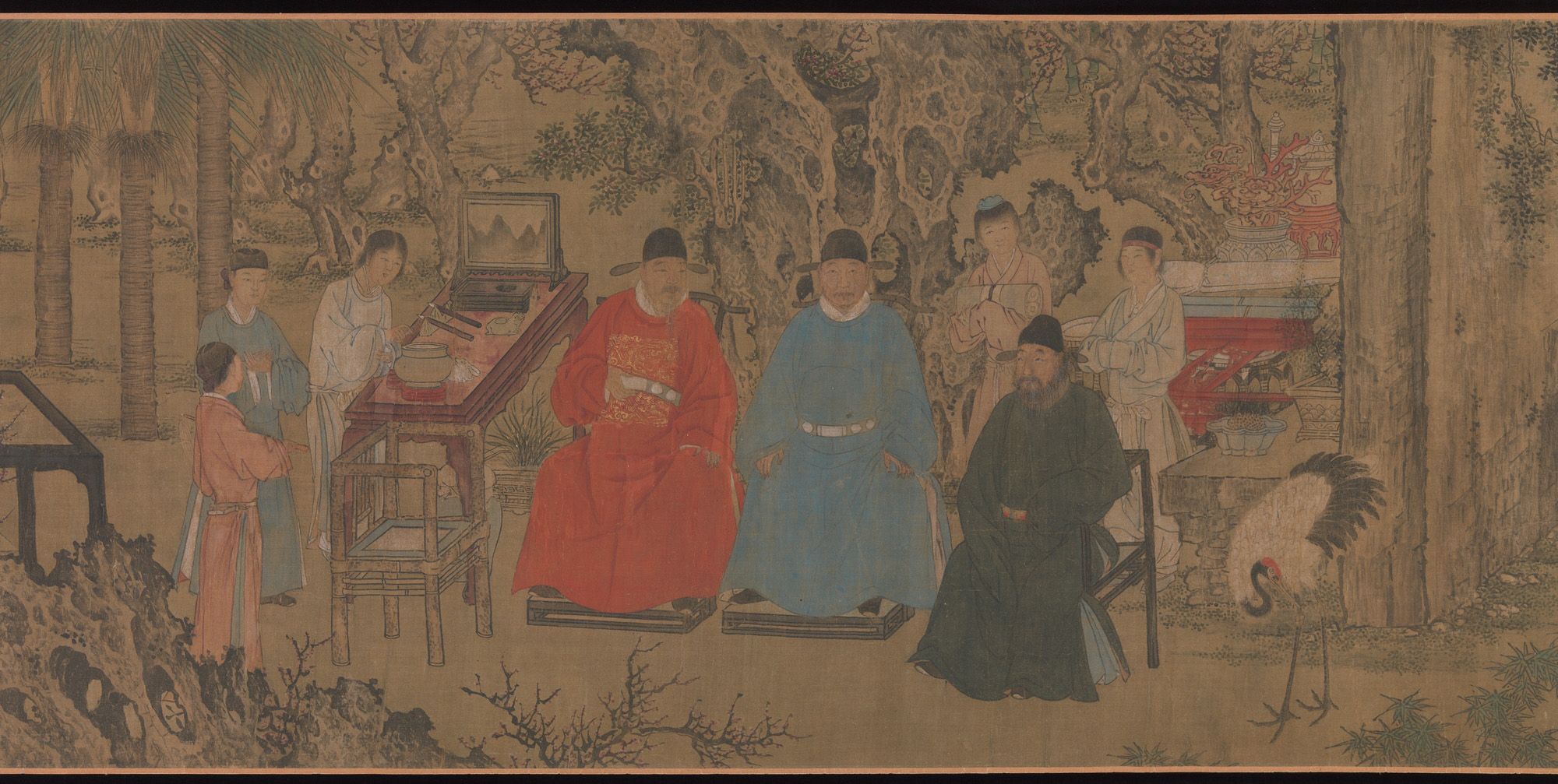
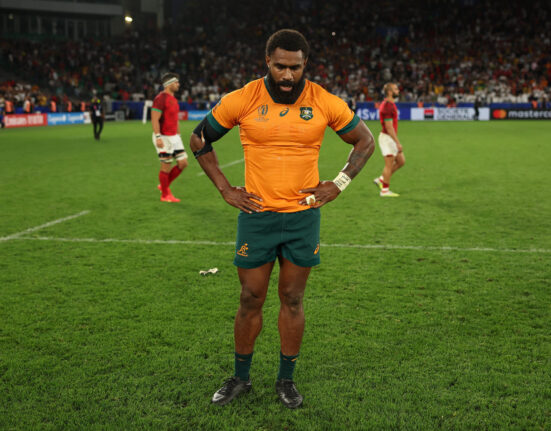
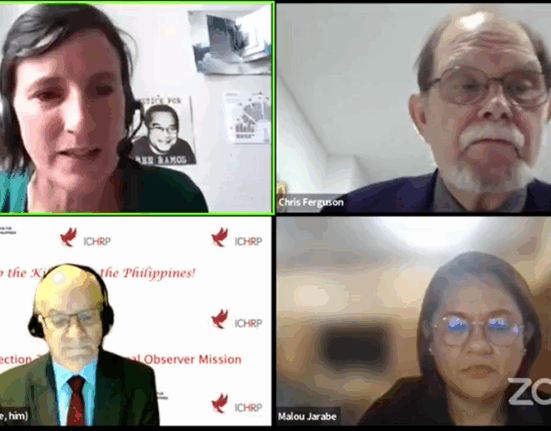

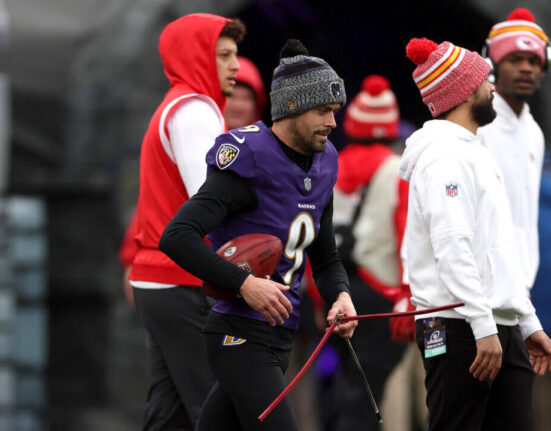
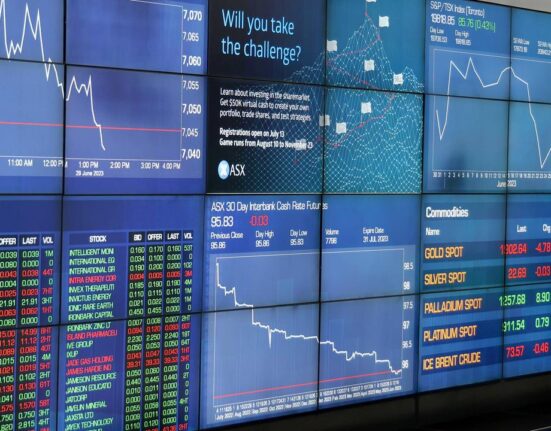

Leave feedback about this